Bruce Whitmore stands near the back of the sanctuary of Hensall (Ont.) United on an overcast Christmas Eve in 2018. He greets visitors in a warm, booming voice that levitates above the din.
“Good to see you,” he says as about 60 people filter in, nearly filling the sanctuary’s lower bowl. Another dozen or so are in the balcony, making this an unusually large gathering for a building with a typical draw of eight to 10 people for Sunday services and about 35 on Christmas Eve. “How are you? Give me five! Merry Christmas!” Whitmore is 73 years old — tall, broad-shouldered and gregarious, with salt-and-pepper hair swept over his brow. He is full of energy, brimming with joy.
You may unsubscribe from any of our newsletters at any time.
“It’s delightful to be back with you tonight — to see people in the balcony, for heaven’s sakes!” he says from the pulpit. “This is a Christmas miracle … a gift to Hensall, the very fact that you were here tonight.”
A licensed lay minister and retired teacher, Whitmore has presided over services here for many years when there was no other preacher available. Like everyone else in the room, he had assumed the church — the only active congregation in a village of about 1,000 in rural southwestern Ontario — would never produce a scene like this again.
Babies coo, babble and fidget. Older children shift in their seats. “We are here to celebrate Christmas Eve, which means telling all over again the oldest story in the world. And the story never gets old.”
The month before, on Nov. 25, the congregation held what it thought would be its last service. This building had served the community for 131 years, first as a Presbyterian church and then, after 1925, as part of The United Church of Canada. In recent years, though, the congregation, like the village itself, was struggling.
But then, out of the blue, came the miracle — or the coincidence, or the extraordinary act of human kindness. His name was Michael Haddad.
More on Broadview: Church apologizes for booting child with autism from service
In the 1980s, Hensall United was the vibrant centre of a vibrant community, with hundreds gathering for worship on Sundays and hundreds more for community dinners, weddings, funerals and other events. At the time, Hensall’s retail district on King Street was bustling. There was a grocery store, a bakery, two banks, a convenience store and nearby restaurants.
Now, many of those businesses are gone. The space that held the grocery store has fallen into disrepair. The bakery’s most recent owners closed the shop more than a decade ago.
There is still a thriving industrial sector, rooted in agriculture and manufacturing. Hensall District Co-Op is one of the largest non-financial co-operatives in Canada, with a robust petroleum business and a marketing team that sells beans and grain around the world. There are two more feed mills in town, as well as a small factory that makes modular homes. Iceculture, a local ice sculpting business with showbiz connections, is a source of local pride. It made an ice lounge and ice furniture for late-night talk show host Conan O’Brien’s tapings in Toronto in 2004.
But many young people who left Hensall for college, university and jobs in other centres have simply not returned. “I can’t believe that it’s gone down so [much],” says Kay Mock, 94, a United Church member who has lived in Hensall since 1949. “It’s been very sad to watch the community go like this.”
In the 1960s, the church sanctuary was often full, and so was the Sunday school. The choir, now disbanded, was once a chorus of voices. It was “just a busy place,” says Kathy Mann, 77, who moved to Hensall and began attending the church in 1962. But over the years, she’s seen that change. “I think I had started to accept the fact that it was going to close. I think I already knew.”
Meanwhile, in 2011, Michael Haddad opened a pharmacy on King Street. He and his wife, Asteir Hanna, who is also a pharmacist, immigrated to Canada from Egypt in 1995. Haddad grew up in a Catholic family in the city of Ismailia, on the Suez Canal; Hanna is a member of the Coptic Orthodox Church. They moved to Mississauga, Ont., and then to the lakeside town of Goderich, Ont., and finally to London, Ont., where they still live. When he opened Hensall Pharmacy, Haddad’s expectations were modest — but the community embraced him.
“I feel any place without Christianity is very, very dry. Jesus said we are the ‘light of the world.’ So if there is no light, no taste, what does this town look like?”
“I’m not here to be a millionaire,” he says, sitting in the pharmacy’s narrow reception area on a blustery day in mid-February. “I have very good relationships with almost everyone here.” Haddad knows customers by name when they come in to fill prescriptions or to pick up an over-the-counter package of cold medicine. He seems to know what they’re after before they open their mouths.
“When I heard that the church is closing, it broke my heart. I feel it’s a knife entering myself,” he says. “I know almost everyone attending there.” He decided to do something about it. “One of Paul’s letters says we have to be ambassadors for Christ,” says Haddad, referring to a verse in 2 Corinthians. “And this is, I feel, my mission. We have to be ambassadors.”
In December, he offered to buy the church building for $250,000 and turn it into a multi-denominational centre. He envisioned Ping-Pong and foosball tables, darts and chess for youth gatherings. There would be a drama team and a soccer team. He would lead Bible studies and invite a Presbyterian minister to come on Saturdays. The United Church congregation could stay and worship there. They would figure something out.
“I feel any place without Christianity is very, very dry,” says Haddad. “Jesus said we are the ‘salt of the earth’ … after that, he mentioned [we] are the ‘light of the world.’ So if there is no light, no taste, what does this town look like?”
He didn’t have to twist many arms. The church council accepted his offer, and the deal closed on April 12.
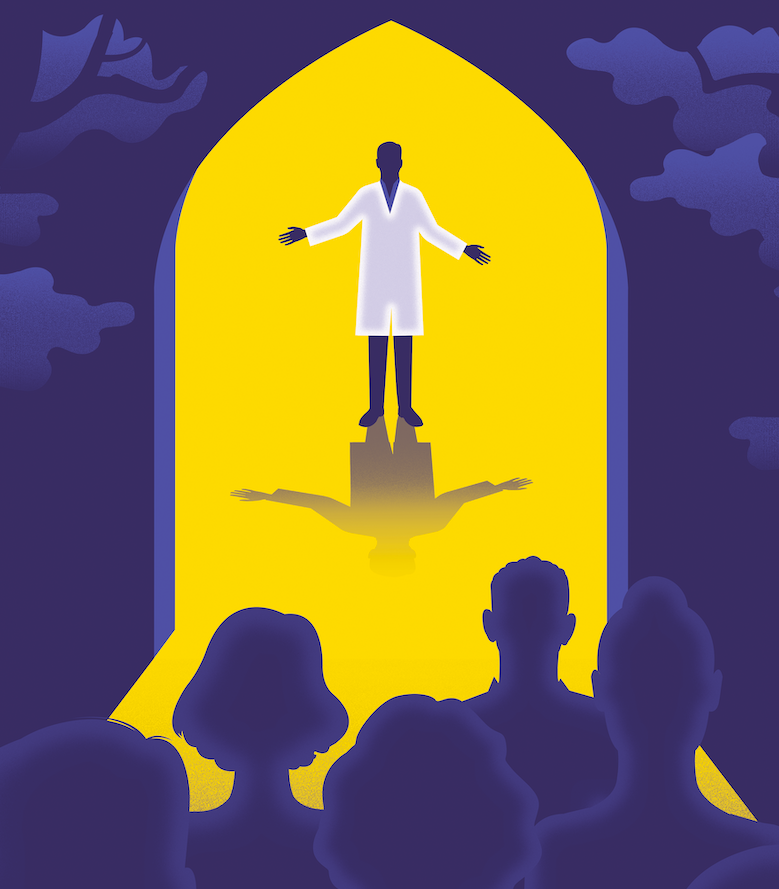
On the morning of March 3, Rev. Alun Thomas eased into a charcoal grey suit, fastened a red-and-green-tartan tie around his neck and made his way to Hensall to preach at the church’s first service since Christmas Eve. Thomas is in his mid-60s, a retired United Church minister and stage IV cancer survivor who lives in nearby Kirkton, Ont.
“Each day is a resurrection,” says Thomas, sitting in a back pew after delivering a sermon that touched on his experience with cancer and the need for perseverance. “I went from being a glass-half-empty person to a glass-half-full, odd as that might sound for a preacher.”
It was a relatable message for the congregation, which has been meeting on Sunday mornings ever since. There is cautious faith in the possibility of renewal and rebirth, and hope that if the church thrives, the outlying community will thrive along with it. Average attendance is up to roughly 60 people, with about 15 children in Sunday school.
“That’s up from zero kids every Sunday. We’re seeing people in the church from the community who have never been here before,” says Chuck Mallette, church organist and longtime member. “I think there is definitely more excitement, optimism and even some rejoicing. It will be important to keep the momentum going.” He says the key will be attracting more youth. “I think in today’s world, you want to build a community, not just a church. We’ve got to uptick the music; we’ve got to make it more lively, a place where people want to come.”
On the evening of April 13, the day after the deal closed, Haddad welcomes 200 people to a banquet to celebrate the opening of what is now called Hensall Community Christian Church. The name reflects his vision for the building as a home for multiple Christian denominations.
The guests fill the church’s fellowship hall and larger ground-level dining room. Haddad stands in the lobby, greeting visitors and bouncing between the kitchen and dining areas, making sure the feast goes off without any major problems.
After dinner, there are speeches from local dignitaries and clergy from Presbyterian, Catholic and Coptic Orthodox churches. When it is Haddad’s turn to speak, the congregation gives him a standing ovation.
Haddad speaks about Lazarus, whom Jesus is said to have raised from the dead. In the biblical account, Jesus asks people nearby to move the stone in front of Lazarus’s tomb, rather than moving it himself. Haddad sees this as an illustration of the need to match faith with hard work. “Let us move the stone together,” he says. “Let us continue.”
This story first appeared in the July/August 2019 issue of Broadview with the title “The man who saved a church.” For more of Broadview’s award-winning content, subscribe to the magazine today.

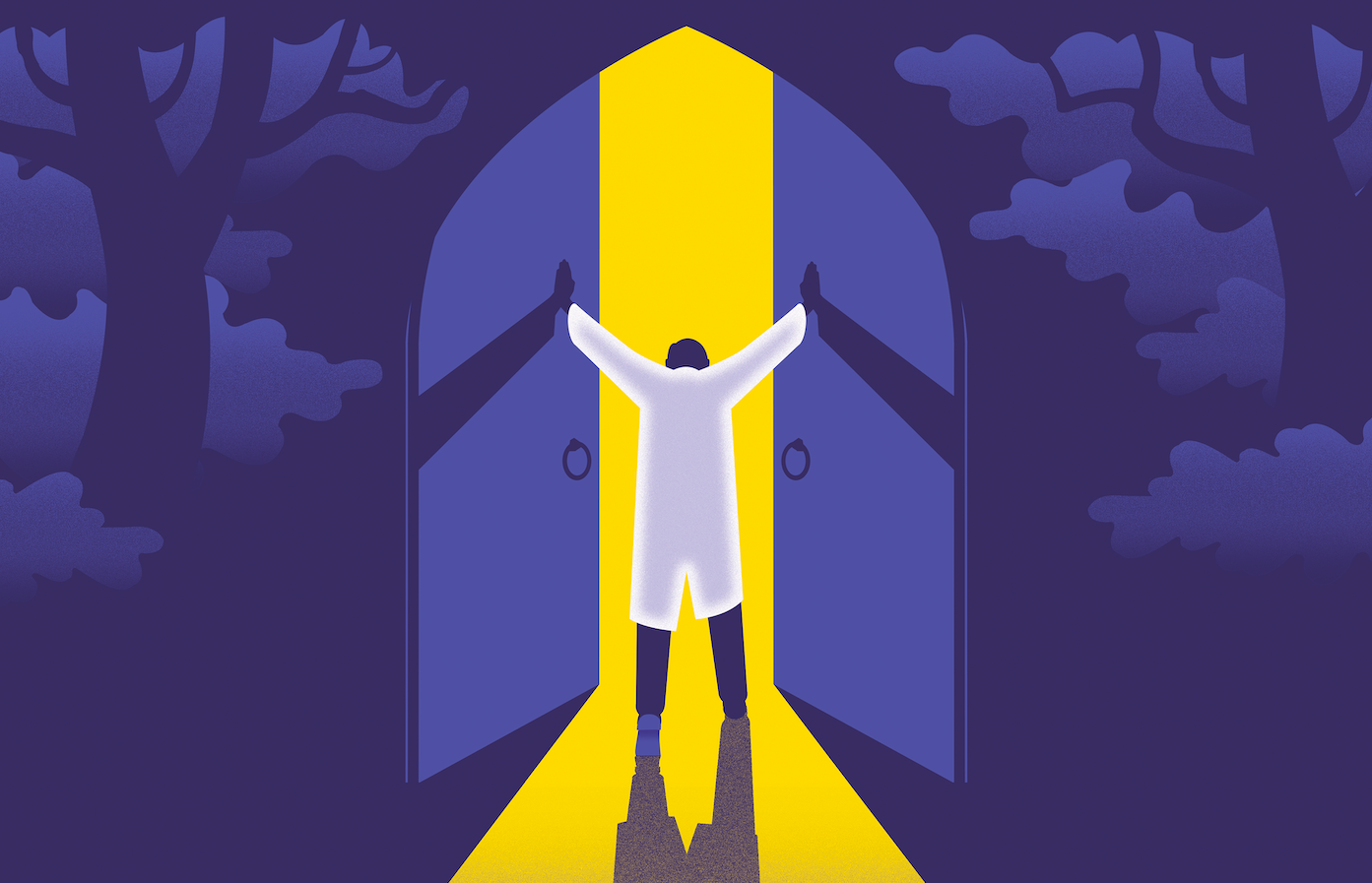





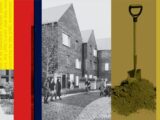


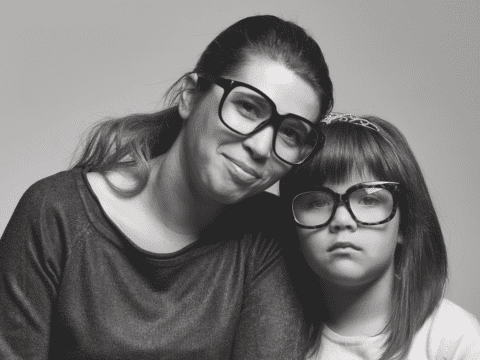
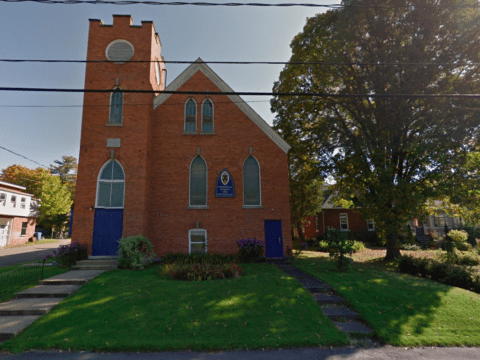
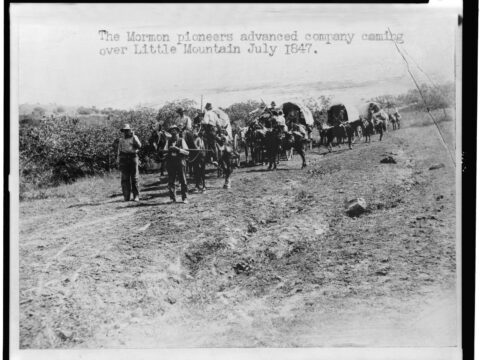
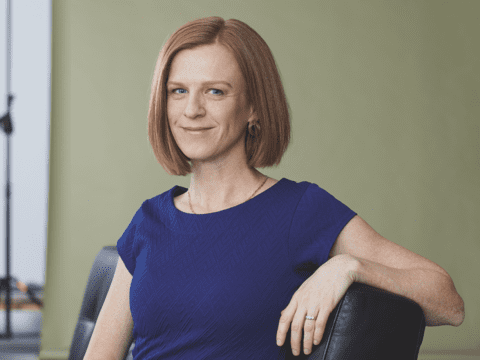

I love this story. I feel that too often we in the west have ignored the plight of the Coptic Christians and other Christians in the east, and have overlooked their persecution in the mid-east. So here is a man from the persecuted minority who is now here in the west, supporting the Christians here. Well done good and faithful servant! Thank you Mr. Haddad for giving back to your adopted home in Canada and encouraging the church, fanning the flames back to life.
Congratulations!! I moved from the area a few years ago (Zurich) but loved this church. I had the pleasure of meeting Michael when he first opened his pharmacy and was impressed with his kindness… what a wonderful gift to this nice community.